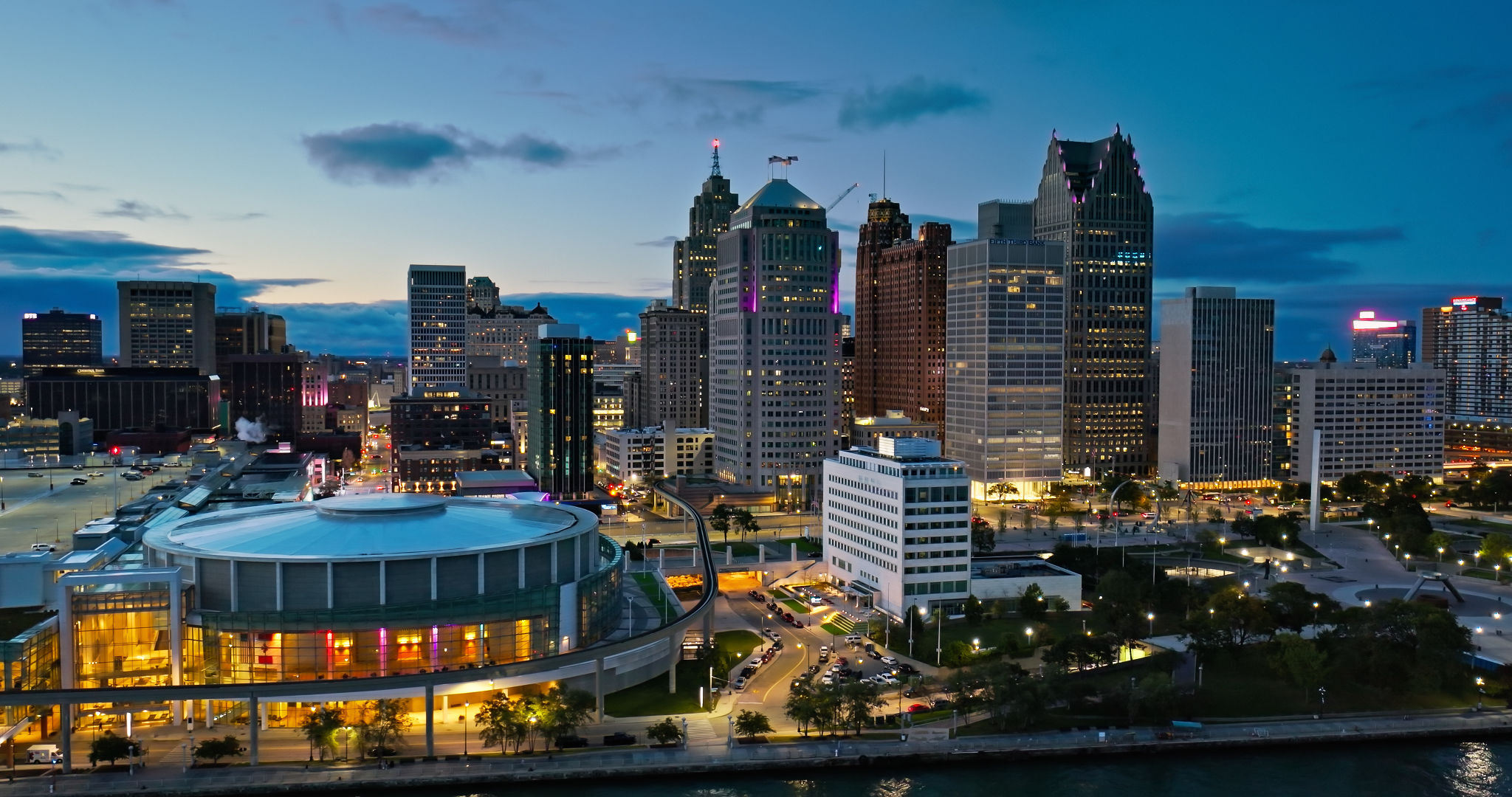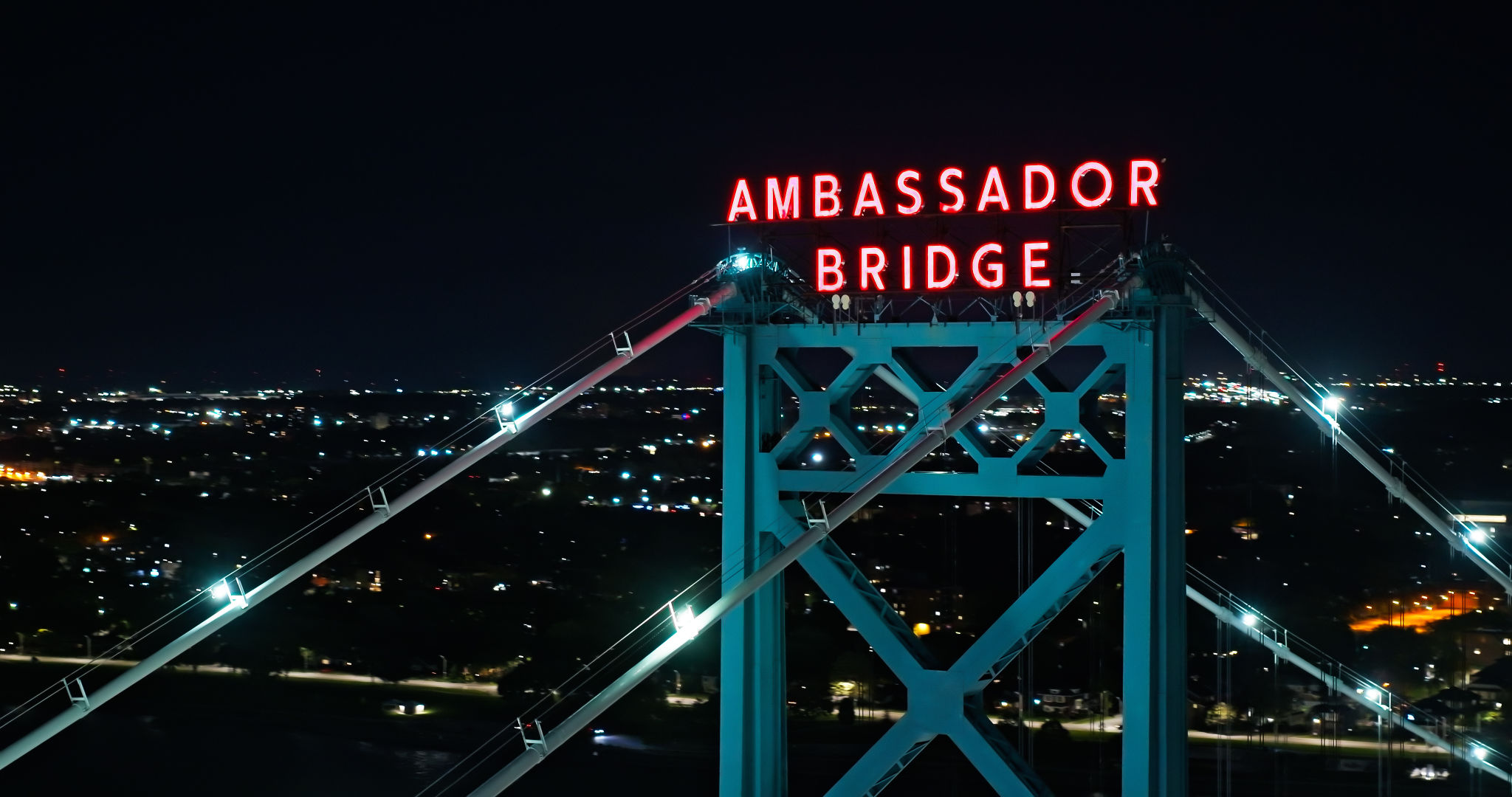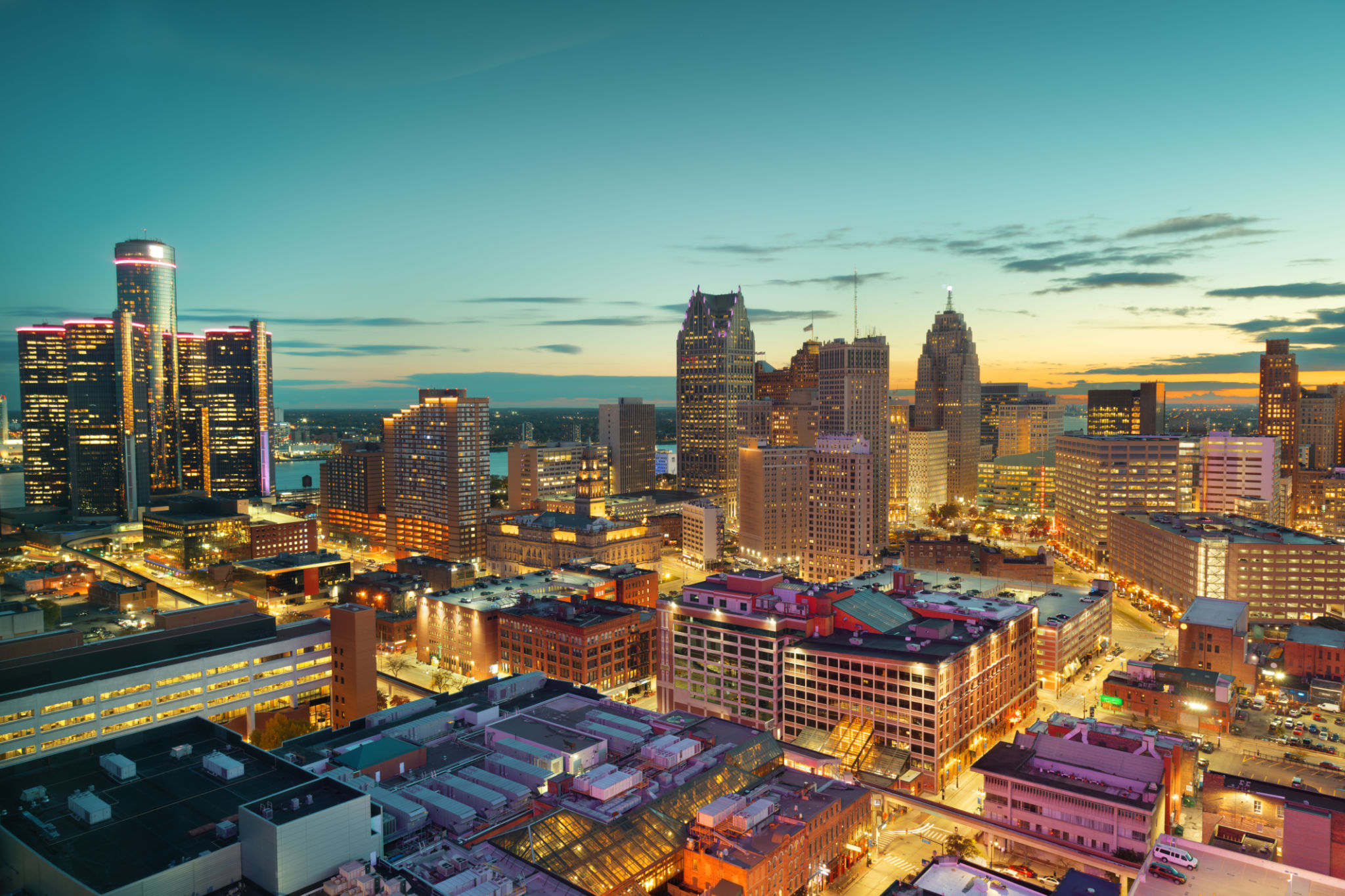Why Detroit is the Perfect Backdrop for Donald Goines' Film Adaptations
The Urban Landscape of Detroit
Detroit, often referred to as the Motor City, is a place where the echoes of history resonate through its streets. This city offers an unparalleled backdrop for the gritty and realistic narratives found in Donald Goines' novels. Goines, a native of Detroit, crafted stories that vividly captured the complexities of urban life, making the city an ideal setting for film adaptations of his work.
The urban landscape of Detroit provides a raw and authentic atmosphere that aligns perfectly with the themes in Goines' stories. The city's rich tapestry of both decay and resilience mirrors the struggles and triumphs of his characters, offering a visual authenticity that is hard to replicate elsewhere.

Authenticity in Storytelling
One of the most compelling reasons to set Goines' film adaptations in Detroit is the authenticity it brings to storytelling. Goines' work is celebrated for its unflinching portrayal of the African American experience in urban America. By filming in Detroit, filmmakers can capture the essence of these narratives accurately, from the architecture to the community dynamics.
Detroit's neighborhoods, with their unique blend of historical and modern elements, provide a genuine backdrop that enhances the storytelling. The city's cultural diversity and rich history contribute to a narrative depth that enriches Goines' stories on screen.
A City of Contrasts
Detroit is a city of contrasts, where moments of beauty coexist with scenes of struggle. This duality is reflected in Goines' work, where characters often navigate between hope and despair. The city's industrial past, coupled with its ongoing renaissance, makes for a compelling visual metaphor for the themes explored in Goines' novels.

The juxtaposition of abandoned buildings alongside modern developments offers filmmakers ample opportunities to visually represent the tension and transformation present in Goines' stories. Detroit's capacity to embody both decline and renewal allows directors to explore complex narratives that resonate with audiences.
Cultural Significance
Setting Goines' film adaptations in Detroit also underscores the cultural significance of his work. As a city with a deep-rooted African American heritage, Detroit provides a culturally rich environment that enhances the authenticity of Goines' narratives. The city's vibrant arts scene and historical significance in the Civil Rights Movement add layers of meaning to the stories being told.
Moreover, Detroit's music legacy, particularly its contributions to Motown and jazz, can be woven into film adaptations, offering a rich auditory experience that complements the visual storytelling. This integration of cultural elements helps convey the depth and nuance of Goines' narratives.

Economic Considerations
Beyond its narrative and cultural advantages, filming in Detroit offers practical benefits. The city has become increasingly film-friendly, offering incentives that make it an attractive location for filmmakers. These economic advantages can help bring Goines' stories to life while supporting local businesses and communities.
Utilizing Detroit as a filming location not only enhances the authenticity of Goines' adaptations but also contributes to the city's ongoing revitalization efforts. By choosing Detroit, filmmakers can engage with and support local talent, enriching both the film industry and the community at large.